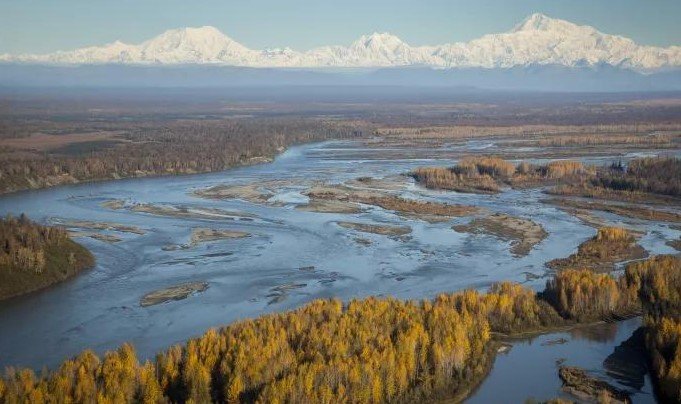In a move that could significantly alter the future of Alaska’s pristine waterways, the Alaska House of Representatives has passed House Bill 95. This legislation mandates that any river or lake designated as a “Tier III” waterway, which is the highest level of federal protection under the Clean Water Act, must receive legislative approval.
The Implications of House Bill 95
The passage of House Bill 95 by a narrow margin of 21-18 votes represents a pivotal moment for environmental protection in Alaska. The bill effectively places the power to grant the highest level of protection to rivers and lakes in the hands of state lawmakers. This decision has sparked a debate between development interests and environmental advocates, with the former viewing the bill as a safeguard against overregulation and the latter seeing it as a barrier to conservation efforts.

The Debate Over Waterway Protection
The controversy surrounding House Bill 95 stems from its potential to lock up water resources, preventing most forms of development that could affect the water bodies in question. Proponents argue that legislative oversight is necessary to prevent a small group of individuals familiar with the regulatory process from tying up public resources. Meanwhile, opponents, including environmental groups and some tribes, fear that the bill could hinder the protection of Alaska’s waterways, which they believe should be preserved for their ecological value.
The Future of Alaska’s Rivers and Lakes
As the bill now moves to the Senate, the fate of Alaska’s waterways hangs in the balance. The outcome will determine whether the state’s rivers and lakes will continue to be shielded by the stringent protections of Tier III designation or if they will be subject to the whims of legislative approval. The decision carries significant implications for the environment, development, and the rights of indigenous communities.

Comments